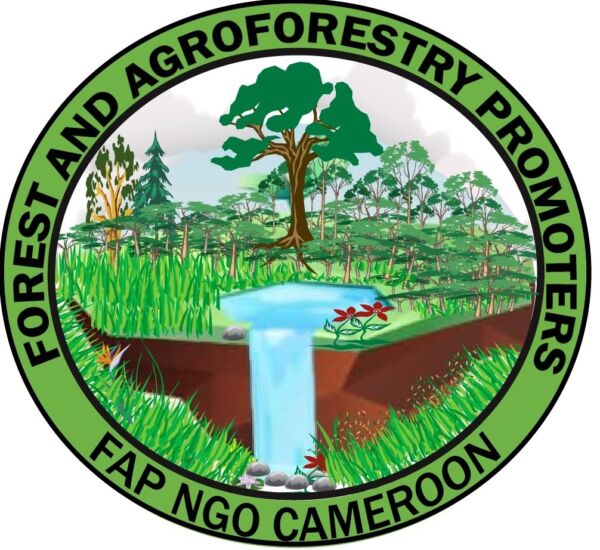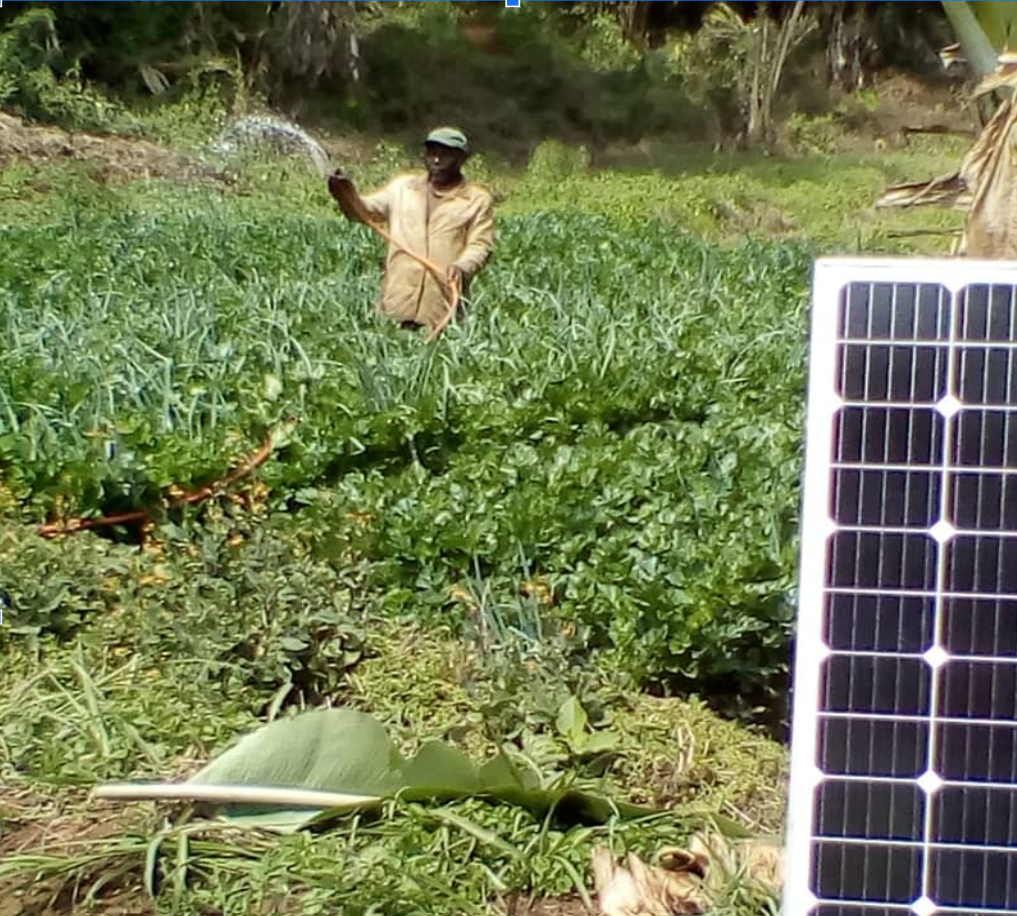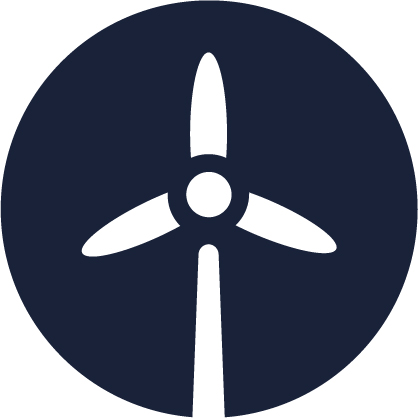Solar water pump system; a tool for irrigation farming and climate change mitigation measures in Cameroon.
FAP’s mission is to promote the sustainable management of the natural and wetland resources in the Western highlands of Cameroon


Overview of the project
This innovative project aim at addressing the issues of poor farming practices that contributes to climate change effects with possible mitigation and adaptation measures.
The introduction of solar water pump system is an innovative renewable energy technologies that reduces emission of greenhouse gases; the technology is gradually replacing the use of diesel water pump that emits carbon dioxide to the atmosphere, the carbon emission from the diesel motor pump increases climate change effects, the operation and management of the diesel motor pump system is very expensive to operated by small holder farmers.
The Solar water pump experience is a system that involves directly coupling a small DC electric pump to a single solar panel, without any battery or controller. This allows a farmer to have constant running water from a pipe throughout the day, as long as the sun is shining. When the day’s work is finished, the farmer simply takes the pump home, to avoid the issue of theft..
A diesel generator emits carbon dioxide (CO2) during operation and grid based electricity is usually generated with coal, oil or natural gas which also emits considerable quantities of CO2. In contrast a solar water pump system does not result in greenhouse gas emissions. Extensive use of solar water pumps would therefore lead to substantial greenhouse gas emission reductions which are environmental friendly.
Solar water pumps operate with zero carbon footprints and improve the environment while diesel pumps are ozone depletion, aquatic Eco toxicity, terrestrial Eco toxicity, terrestrial acid, aquatic acidification and Global warming.
This innovative project aim at addressing the issues of poor farming practices that contributes to climate change effects with possible mitigation and adaptation measures.
implementation
05/05/2020 completed
Environmental changes; Solar water pump has provided clean energy to enable low-carbon irrigated agriculture. As climate change become more real, improved irrigation and drought-resistant is rapidly removing the need for fossil fuels.
Social change; The initiative has improved crop yield and decreased cost of crop production leading to increased savings for the smallholder farmers that has generated social benefits including poverty alleviation and improved livelihood of beneficiaries working in synergy.
Economic changes; Solar irrigation has a bright future for smallholder farmers to increase both their income and climate resilience, especially by being able to grow high-value crops in dry seasons when prices are highest
More than 600 households benefited from the initiatives with the following impacts; Goal 2 : Zero Hunger; which aims to end hunger and malnutrition and double agricultural productivity and incomes of small-scale farmers, it also has direct linked to irrigation agricultural production.
Goal 5: Gender Equality. this initiative is centered on women who constitute about 80% small holder farmers in Cameroon
Goal 7: Affordable and Clean Energy; The use of solar water pumps which are affordable and clean energy ties with the initiative.
Goal 13: Climate Action; The use of Clean Energy for the supply of water into farming fields replaces the use of diesel water pump that emits carbon dioxide to the atmosphere, the carbon emission from the diesel motor pump increases climate change effects .
We had funding from The Pollination Grant, SGP UNDP and John DeMarco .
organisation
Forest and Agroforestry Promoters ( FAP NGO) was created 2001 and legalised with the government of Cameroon on the 9th of March 2004 with reference number: 137/E31/067/SCAB.
FAP’s mission is to promote the sustainable management of the natural and wetland resources in the Western highlands of Cameroon
FAP’s Activities include:
1. Carry out sustainable Agricultural and livestock practices, watershed/forest protection and management in Cameroon.
2. Facilitation of dialogue processes between the multiple users of natural resources; including Farmers grazers conflicts, farmer and farmer conflicts, villge and village conflicts on land.
3. Carry out Economic empowerment activities and enterpreneurship for Women, Youth and other volnerable groups
Enhancing Livelihoods and economic opportunities for Vulnerable People in Ngoketunjia and Mezam Division affected by the Anglophone Crises.
SGP-ERM-SGF Grant Project CMR/SGP/ERM SGF/UNDP/19/10
Introducing Solar water pump for irrigation agriculture and cell phone charging in Cameroon. Pollination grant USA




